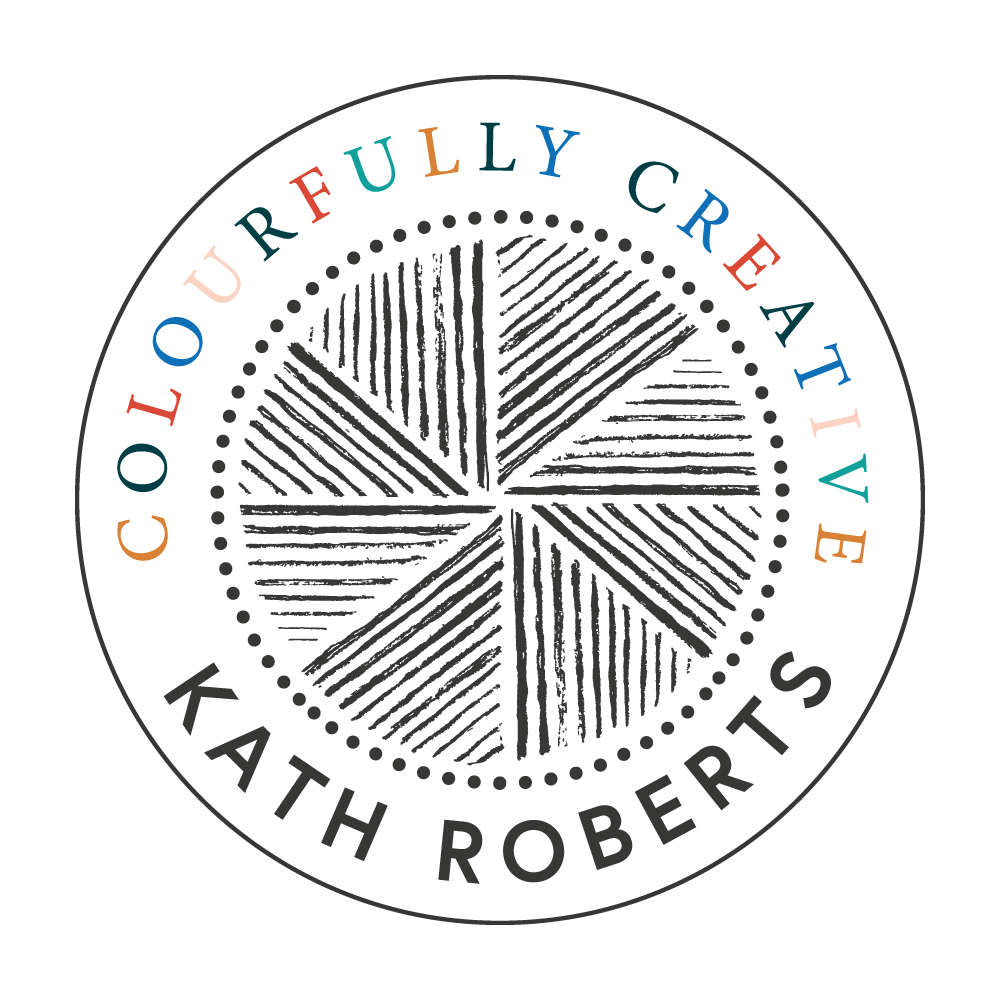Where Coaching And Therapy Blend & Why Its Necessary
A Leader's Journey: When Coaching Met Therapy
A senior executive at a professional firm, let’s call her Sarah for anonymity’s sake, sought coaching to improve her team's performance. During sessions, it became clear her perfectionism was creating bottlenecks. Rather than just teaching delegation tactics and empowerment, we explored the childhood experiences that shaped her belief that "everything must be perfect or it's a failure." This therapeutic insight allowed her to connect her current leadership challenges to deeper internal family patterns. Within three months, Sarah had implemented a new collaborative approach, her team's productivity increased by 30%, and most importantly she reported feeling "liberated from exhaustion" for the first time in her career. This wasn't just about new management techniques; it was about healing the whole person who happens to be a leader.
In today's complex leadership landscape, we can no longer afford to compartmentalize our professional and personal development. And, the growth in self-leadership indicates this blending will become second nature. Traditional leadership approaches that separate coaching from therapeutic elements miss the fundamental truth that we are whole, interconnected beings. When we embrace this reality, remarkable transformation becomes possible.
By integrating therapeutic awareness with coaching methodologies, we create space for leaders to show up authentically. Understanding our psychological patterns, emotional triggers and personal narratives directly impacts how we make decisions, build relationships and navigate challenges. This integrated approach acknowledges that the same person who struggles with impostor syndrome is the one making strategic decisions, and the leader dealing with burnout is the same one trying to inspire their team. Holistic leadership development honours this wholeness.
Self-Assessment Questions:
What patterns do you notice in your leadership that might stem from deeper personal beliefs or experiences?
Where do you find yourself reacting rather than responding as a leader?
When you think about your biggest leadership challenges, what themes keep recurring?
Are these primarily skill gaps or do they connect to how you see yourself and the world?
What childhood messages about success, failure, control, or relationships still influence how you lead today?
How might these be serving or limiting you?
In what situations do you feel most authentic as a leader, and when do you feel like you’re performing a role?
What's the difference?
Taking Action:
What would change in your leadership if you approached your development as a whole person rather than just acquiring new management techniques?
What would you need to feel safe enough to explore the deeper patterns that show up in your leadership?
Moving Forward:
Are you ready to invest in development that might initially feel uncomfortable but could lead to more sustainable and authentic leadership?
What support system would you need -both professionally and personally to engage in this deeper work?
How might you start small?
Could you begin by simply noticing when certain emotional triggers affect your decision-making, before diving into deeper exploration?
If you feel hesitant about this approach, what specifically concerns you?
Are those concerns based on valid considerations or old beliefs about keeping personal and professional life separate?
For Implementation:
How could you create more psychological safety in your team environment as you become more self-aware?
What would authentic leadership look like in your specific role and organizational context?
The same courage that got you into leadership is exactly what you'll need to do the deeper work—the difference is that this time you don't have to do it alone. To learn more about my work go here-coachingwithadifference

